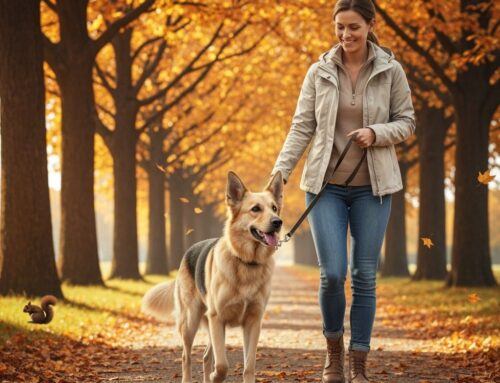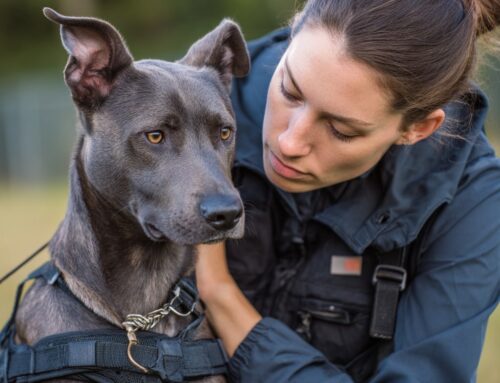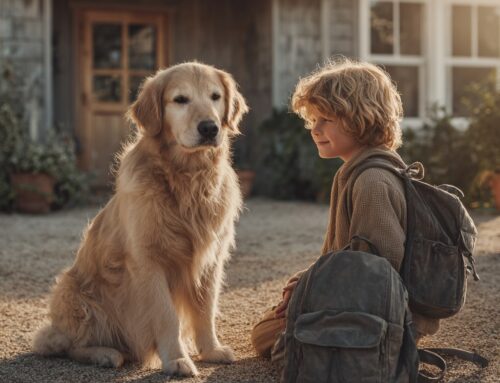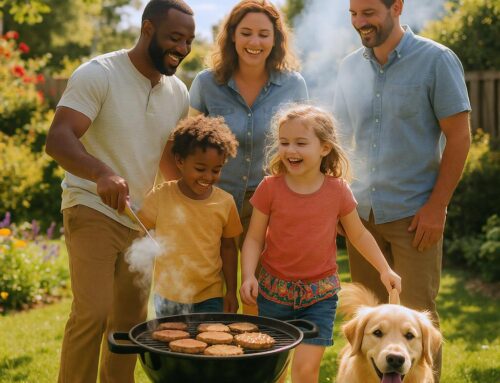Every dog has a unique personality—some are social butterflies that thrive in group play, while others prefer solo activities or one-on-one time with their owners. Understanding whether your dog benefits more from group play or solo time is key to ensuring they stay happy, mentally stimulated, and well-exercised.
So, how do you determine what’s best for your pup? We’ll dive into the pros and cons of group play and solo time, how to evaluate your dog’s personality, and tips to create the perfect balance for their needs.
Understanding Your Dog’s Play Style
Before deciding between group play and solo time, consider your dog’s temperament, past experiences, and energy level. Here are a few factors to evaluate:
- Socialization History – Does your dog have positive experiences with other dogs, or do they tend to be anxious or reactive?
- Energy Level – Is your dog high-energy and always looking for a playmate, or do they prefer relaxing alone?
- Confidence Level – Does your dog approach new situations with excitement, or do they become overwhelmed easily?
- Personality Type – Some dogs naturally prefer social interactions with other animals, while others enjoy their independence and alone time.
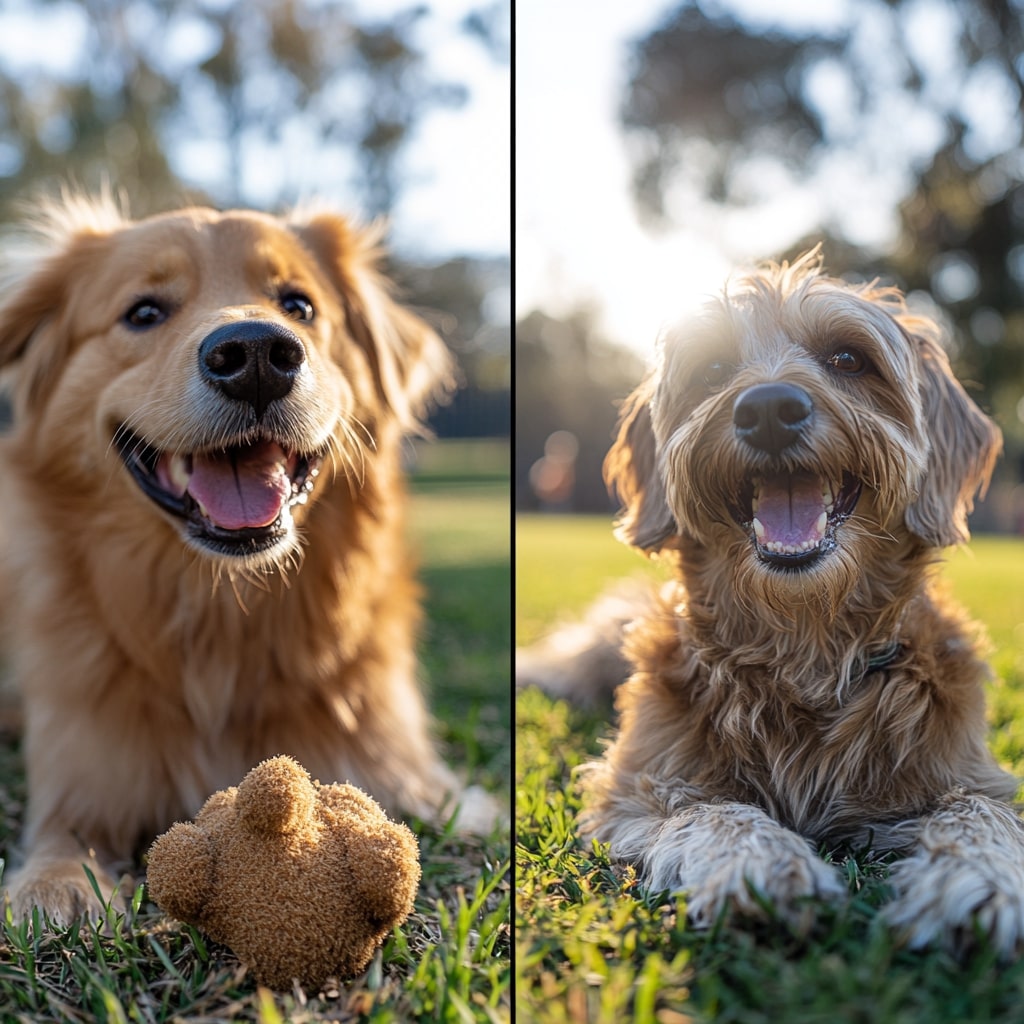
Once you have a good understanding of your dog’s tendencies and your dog’s behavior, you can better determine whether they thrive in group play or solo activities.
Group Play: Ideal for Social and Energetic Dogs
For dogs that love to interact with others, group play provides numerous benefits. Whether at a dog park, daycare, or playdate with friends, social dogs often thrive when given the opportunity to play with others.
Benefits of Group Play
Physical Exercise
Group play allows dogs to run, wrestle, and chase each other, providing a great physical workout. This is especially important for high-energy breeds like Labrador Retrievers, Border Collies, and Boxers that require vigorous exercise.
Socialization Skills
Playing with other dogs helps reinforce proper social behavior, teaching them how to read body language, communicate, and adapt to different play styles. Well-socialized dogs are generally more confident and well-mannered in various situations. This is also a good time for puppy socialization classes for your young puppy, as it helps set them up to be a better socialized adult dog.
Mental Stimulation
Group play is more than just physical activity—it challenges a dog’s mind. Interacting with different dogs, engaging in new games, and navigating social dynamics keeps their brain engaged, preventing boredom.
Confidence Building
For slightly timid dogs, controlled group play can help build confidence. Watching other dogs play can encourage them to engage and learn appropriate ways to interact without feeling overwhelmed.
Prevents Destructive Behavior
Dogs that don’t get enough stimulation often resort to destructive behaviors like excessive barking, chewing furniture, or digging. Regular play sessions with other dogs help burn off excess energy and keep them occupied.
Signs That Your Dog Enjoys Group Play
- Excited when seeing other dogs
- Plays well with various dog breeds and sizes
- Engages in appropriate play behaviors (chasing, wrestling, play bows)
- Recovers quickly from excitement without getting overstimulated
- Approaches new dogs with curiosity rather than fear
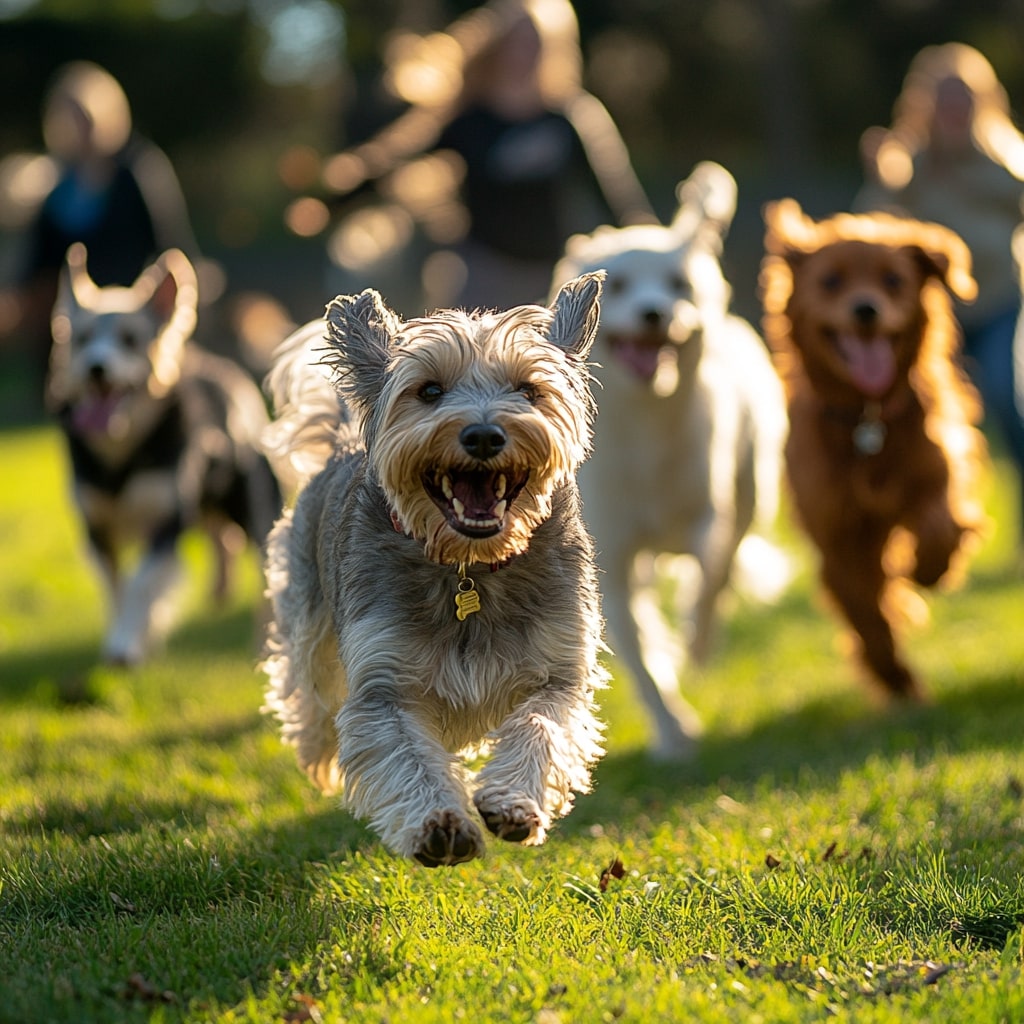
When Group Play Isn’t Ideal
While group play is great for many dogs, it’s not the best fit for every pup. Some dogs may find group settings stressful, leading to anxiety or reactivity. If your dog displays the following behaviors, they may not enjoy group play:
- Excessive fear or avoidance when around other dogs
- Growling, lunging, or snapping at other dogs
- Becoming overwhelmed in busy environments
- Clinging to their owner rather than engaging with others
For dogs who struggle with group settings, solo activities may be a better option or maybe a little extra training to help ease them into group play.
Solo Time: Perfect for Independent or Anxious Dogs
Not all dogs crave social interaction with other social animals. Some prefer independent activities or one-on-one time with their owner. For these dogs, solo playtime provides a safe and comfortable way to exercise and stay engaged.
Benefits of Solo Time
Personalized Attention
One dog can prefer human interaction over canine companionship. Engaging in solo activities like fetch, obedience training, or appropriate toys allows for more personalized engagement with their owner.
Lower Stress Levels
Anxious or fearful dogs may find large playgroups overwhelming. Solo time lets them enjoy play at their own pace without the pressure of social interaction.
Structured Play and Training
While group play is spontaneous, solo activities can be more structured. Whether it’s agility training, scent work, or obedience drills, structured solo play helps build confidence and focus.
Prevents Overstimulation
Some dogs get overly excited in group settings, leading to hyperactive behavior or difficulty calming down. Solo time helps regulate their energy levels and keeps them from becoming overstimulated in a sensitive period.
Strengthens Human Bond
For dogs that prefer their owner’s company, solo activities provide the opportunity to strengthen their pet bond through games, training, and enrichment activities.
Signs That Your Dog Prefers Solo Time
- Avoids or seems uninterested in other dogs
- Becomes stressed or anxious in busy playgroups
- Prefers engaging with humans rather than other canines
- Enjoys independent activities like chewing on toys or exploring alone
- Shows signs of reactivity when approached by other dogs

When Solo Time Isn’t Enough
While independent dogs may prefer solo activities, they still need interaction and stimulation. If a dog is left alone too often without engagement, they may develop boredom-related behaviors like excessive barking, chewing or even separation anxiety if they only interact with you.
Even for independent dogs, structured play and training sessions should be a part of their daily routine to keep them mentally and physically fulfilled.
Striking the Right Balance
While some dogs clearly prefer either group play or solo activities, many benefit from a mix of both. Even social dogs need quiet time, and independent dogs can learn to enjoy occasional social interactions in the right environment.
How to Introduce Group Play to a Solo Dog
If your dog is hesitant about group play but you want to help them socialize, start with small, controlled introductions:
- Choose the Right Playmates – Start with one calm, well-socialized dog rather than a large group.
- Supervise Closely – Watch for signs of stress or discomfort and allow breaks when needed.
- Use Positive Reinforcement – Reward calm and confident behavior with treats and praise.
- Keep Sessions Short – Gradually increase playtime as your dog becomes more comfortable.
Over time, some independent dogs can learn to enjoy social play in a way that feels safe and manageable.
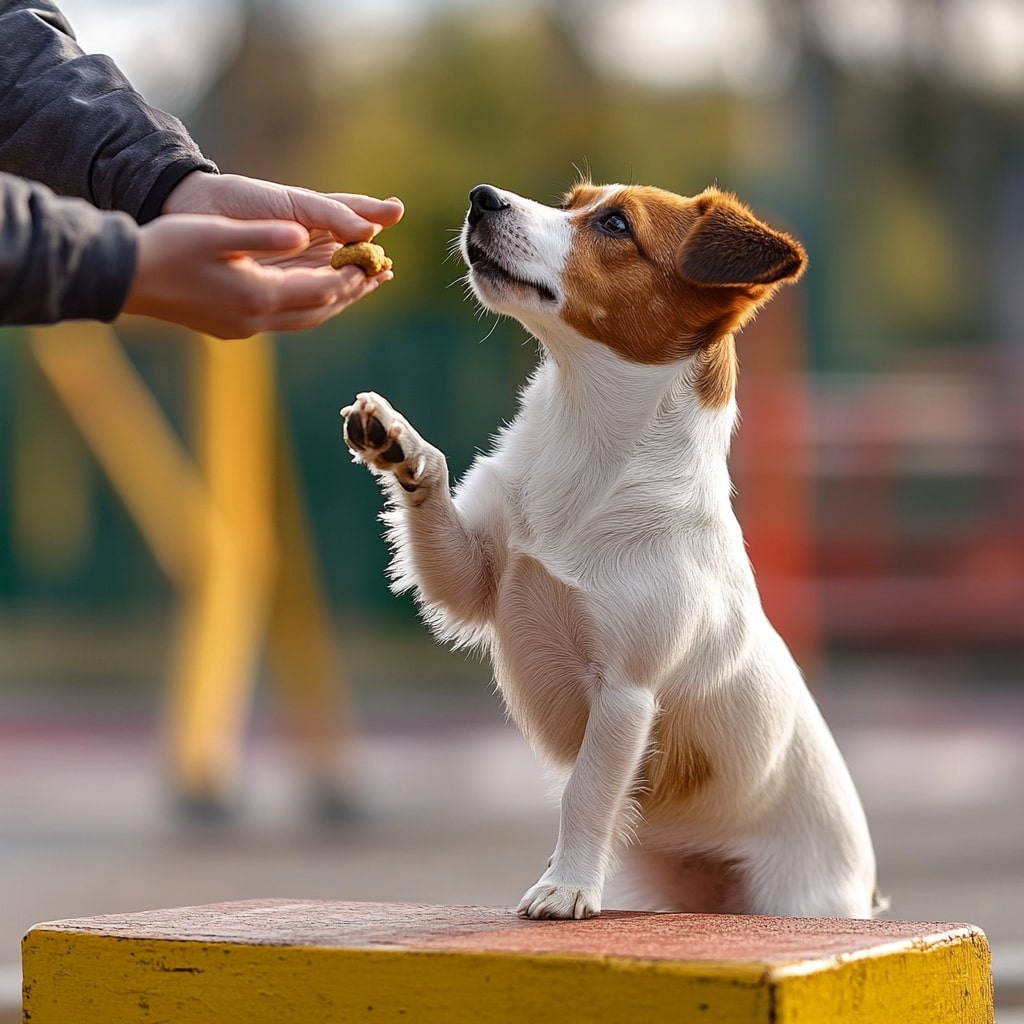
How to Keep Social Dogs Engaged During Solo Time
Even highly social dogs need moments of independent play and rest. To keep them engaged during solo time, try:
- Interactive Toys – Puzzle toys and treat dispensers keep their mind busy.
- Training Sessions – Teaching new tricks or commands provides mental stimulation.
- Scent Work or Hide-and-Seek Games – Engages their natural curiosity.
- Long Walks or Hikes – Provides exercise while allowing exploration.
A well-balanced schedule that includes both social play and solo enrichment helps ensure a happy, well-adjusted pup.
Finding the Best Fit for Socialization for Dogs
At Performance K9 Training and Boarding, we understand that every dog is unique. That’s why we offer personalized assessments to determine the best environment for your dog—whether it’s enrolling in our doggy daycare or needing more one-on-one basic obedience training. Our goal is to provide a safe, enriching experience tailored to your dog’s individual needs. If you’re unsure whether your dog would thrive in something like a doggy care for some group play or benefit from solo time and extra training, contact us for a consultation. Our expert trainers can help create the perfect routine for your pup!
Every dog has a different personality, and there’s no one-size-fits-all answer when it comes to playtime. The key is understanding what makes your dog comfortable and happy. Whether they thrive in a group setting or prefer independent activities, providing the right balance ensures they stay active, confident, and mentally stimulated.




